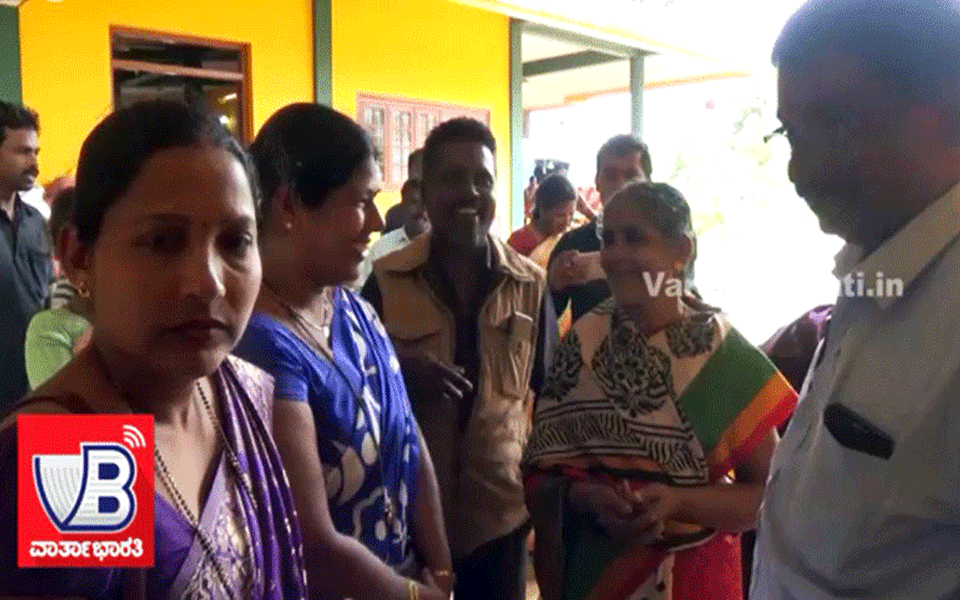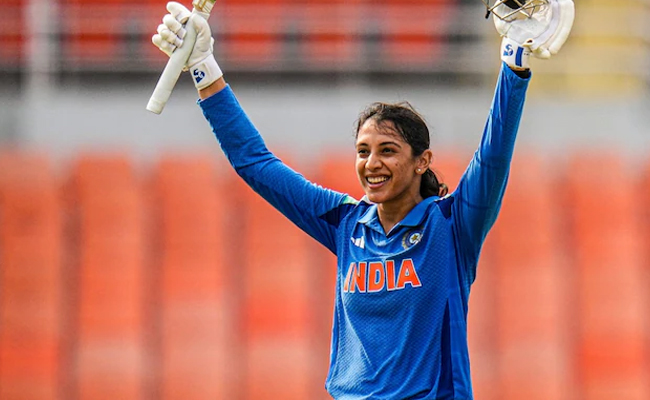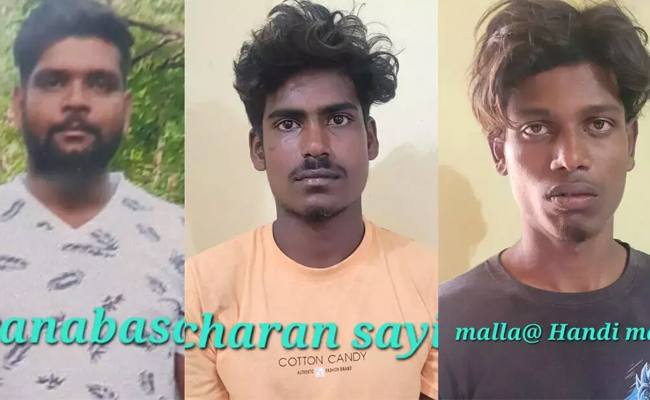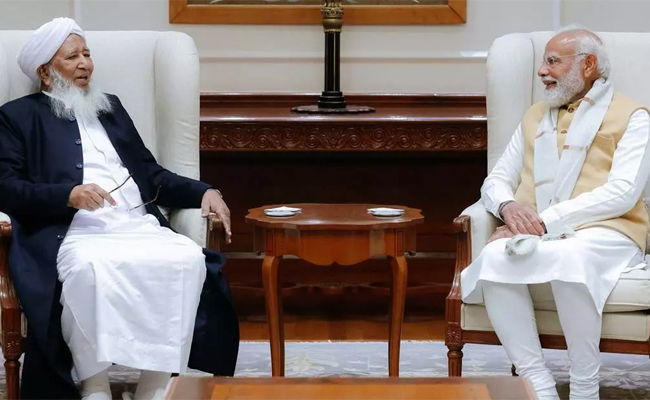Madikeri, August 25: Hundreds of rain-flood, landslides victims from villages around Jodupala in Madikeri taluk in Kodagu district are still spending days at various rescue camps. The victims of these villages have been housed in the rescue camps at Tekkil Community Hall, Sampaje and Devarakolli Government Schools in Sullia Taluk. 760 members of 198 families have been housed at Tekkil Community Hall and Sampaje camp. While some of them have gone to their relatives' homes, many people of Jodupala and Yeradane Monnangeri village are still living in camps as these are the worst affected areas.
Jodupala and Yeradane Monnangeri have lost their contact with other places because there have been severe damages. Roads connecting villages have entirely vanished. Moreover, most villagers' houses and lands are damaged. The Officials have given the green signal for the people to shift to their houses after verifying the situation of their homes, except in these two villages. However, a team of senior officials and experts will inspect Jodupala and Yerdane Monnangeri villages. People will be allowed to stay there, only after the team confirms that there is no risk to reside in these villages, a senior official said.
Despite all the arrangements in the camps, the Jodupala and Yerdane Monnangeri villagers who have lost their homes and lands are worried about their livelihood. The rescue camps cannot last longer. Villagers do not have their houses to live in if even they want to go to their villages. Moreover, there is no road for them to reach their place. “Our life is intact. We do not know what action the government will take to settle us. Organizations, politicians, and officials are coming and assuring us. We have stayed here for eight days,” Krishnappa of Jodupala village lamented.
Three camps in Sullia Taluk have been opened for the flood victims of Jodupala and surrounding villages in Madikeri taluk. Doctors have been assigned to serve 24 hours a day. The necessary drugs are available. All types of precautionary measures have been taken to prevent infectious diseases. Hot water is being provided to all the victims. Hot water is being provided even for bathing also.
- Dr. Subrahmanya, Sullia taluk medical officer
Let the Truth be known. If you read VB and like VB, please be a VB Supporter and Help us deliver the Truth to one and all.
New Delhi (PTI): Star batter Smriti Mandhana, who played a pivotal role in India's historic 2025 Women's World Cup triumph, was named the BBC Indian Sportswoman of the Year for 2025 at a glittering function here on Monday.
Chess prodigy Divya Deshmukh won the Emerging Player of the Year award, for her historic FIDE Women's World Cup triumph at just 20.
Preethi Pal was named the Para-Sportswoman of the Year, for winning two bronze medals at the 2024 Paris Paralympics in track and field, while Anjali Bhagwat was honoured with the Lifetime Achievement Award, recognising her pioneering career as India's first woman shooter to reach an Olympic final and her trailblazing success on the world stage.
Mandhana, who is currently touring Australia with the Indian team for multi-format bilateral assignments, said in a video message: "Thank you BBC for giving me the awardfor Best Sportswoman of the Year. 2025 was a special year for women's cricket, especiallytowards the end we had a World Cup and I'm happy I could contribute and help India win matches.".
At 29, the left-handed batter is already among the game's greats, with the second-highest number of centuries in women's One Day Internationals and ranking third in total runsscored among current players worldwide.
Hailing from Sangli city in Maharashtra, the affable Mandhana was inspired by her father and brother, both of whom played cricket at the district level.
In September last year, she made a 50-ball hundred against Australia – the fastest 50 over international ton (men and women) by an Indian in the format, breaking Virat Kohli's record.
The award winners were decided by a distinguished grand jury comprising Leander Paes, Deepa Malik, and Anju Bobby George.
Praising the athletes' achievements CEO of BBC News, Jonathan Munro said: "Congratulations to this year's winners who showcase the very best in sporting excellence. The BBC World Service is committed to bringing such stories of human endeavour and outstanding success to audiences across India and around the world.".
Additionally, the ceremony also celebrated a wide spectrum of talent and impact, recognizing star performers and changemakers for redefining the landscape of Indian sport.
BBC Star Performers of the Year 202.
• Indian Women's Cricket Team: for their historic World Cup victory.
• Ekta Bhyan, Deepthi Jeevanji and Preethi Pal: for their trailblazing performances at the World Para Athletics Championship.
• Indian Women's Cricket Team for the Blind: for their inspiring World Cup victory.
• Indian Women's Kabaddi Team: for their smashing victory in World Cup.
.
BBC Changemakers of the Year 202.
• Indian Women's Ice Hockey Team: for breaking barriers in a non-traditional sport.
• Rajbir Kaur: Indian field hockey player and former captain of the women’s national team.
• Savita Punia: Indian field hockey player and current member of the national team.
• Paani Devi: recognised for her impactful contribution to grassroots sport.





